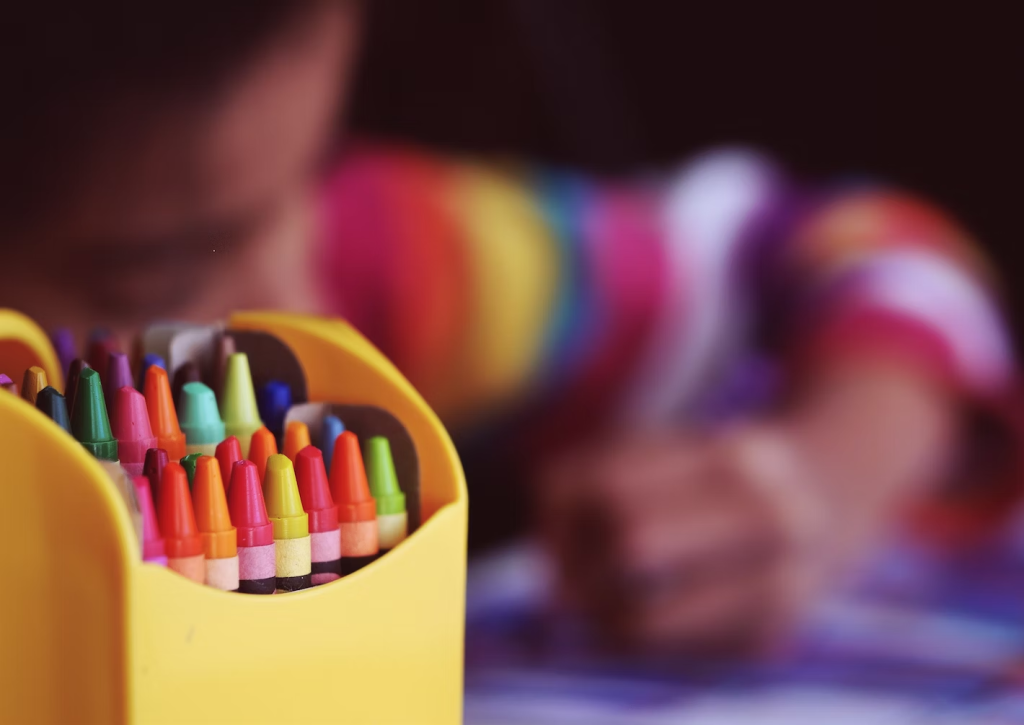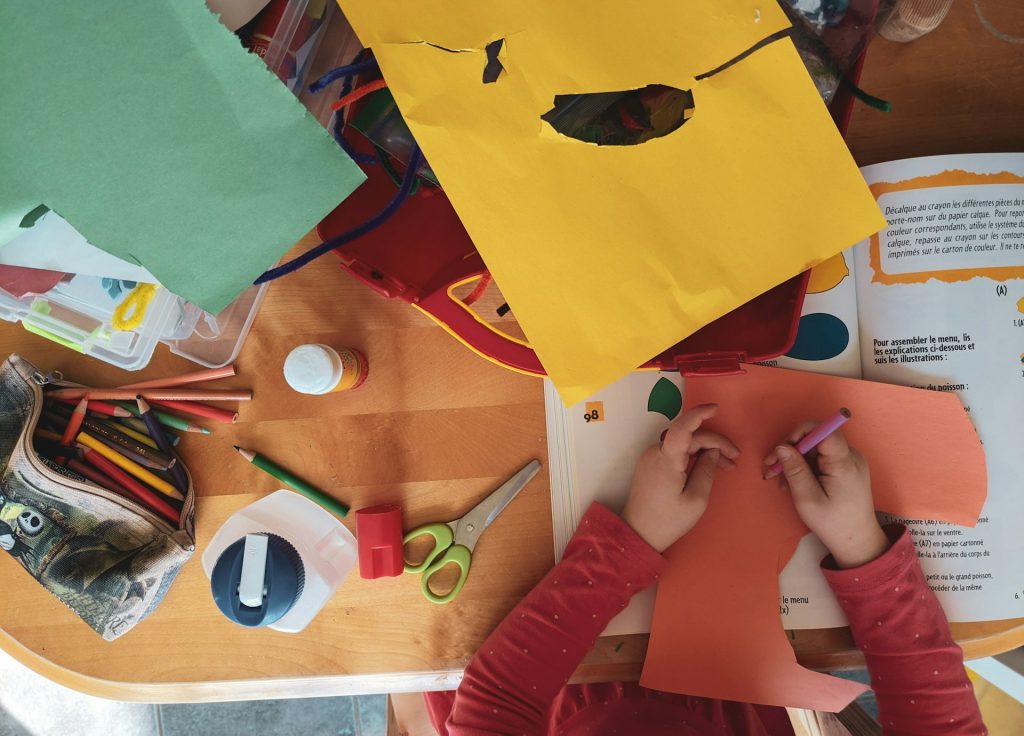Navigating a child’s educational journey can present challenges. As parents, the role often involves instilling effective study habits for kids that lay the groundwork for academic success and lifelong learning.
These habits go beyond mere memorization of facts – they encompass the creation of an optimal learning environment, the promotion of active engagement in the learning process, and the nurturing of positive attitudes towards education.
This guide presents practical strategies divided into three critical areas – establishing a conducive study environment, fostering active learning, and nurturing positive habits. These strategies aim to assist parents in guiding their children toward developing robust study routines.

Create a Conducive Environment
Creating an effective study environment is crucial in enhancing your child’s learning experience. It involves setting up a distraction-free zone, scheduling dedicated study time, and minimizing potential interruptions. Here are some strategies to help you achieve this:
- Dedicated Study Space: Designate a quiet, well-lit area free from distractions like electronics. Equip it with necessary materials like pens, pencils, and textbooks.
- Minimize Distractions: Establish “communication blackouts” during study periods, limiting access to phones, TVs, and other attention-grabbing devices.
- Schedule Study Time: Set consistent study hours each day, considering your child’s natural energy levels and workload. Visual timers can help younger children manage their time effectively.
Foster Active Learning
Active learning is an approach that involves the full participation of students in the learning process, rather than being passive recipients of information. It encourages learners to understand concepts deeply and apply their knowledge in practical ways. Here’s how you can foster active learning:
- Variety is Key: Encourage different learning methods like flashcards, mind maps, summarizing key points, or even creating presentations to combat boredom and cater to individual learning styles.
- Make it Engaging: Find ways to make studying interesting. Use online resources, and educational games, or even relate concepts to their hobbies and interests.
- Active Participation: Encourage active listening in class, taking notes, and asking questions to solidify understanding.
Develop Positive Habits
Developing positive habits can significantly enhance a child’s academic performance and overall learning experience. These habits form the foundation for lifelong learning and can contribute to their success in various aspects of life. Here are some strategies to help cultivate these habits
- Start Small & Celebrate Success: Break down large tasks into smaller, manageable chunks to avoid feeling overwhelmed. Celebrate each completed task to boost motivation.
- Organization is Key: Teach children to keep their notes, assignments, and textbooks organized. This saves time and reduces stress.
- Regular Breaks: Schedule short breaks every 30-45 minutes to prevent burnout and refocus energy. Encourage physical activity during breaks.
- Positive Reinforcement: Focus on praising effort and improvement, not just perfect results. Mistakes are learning opportunities.
- Communication & Collaboration: Open communication is key. Be available to answer questions, offer guidance, and help them overcome challenges. Encourage collaboration with classmates or siblings for group projects.

Remember:
- Age Matters: Adapt these strategies based on your child’s age and developmental stage. What works for a younger child might need adjusting for a teenager.
- Individual Needs: Be mindful of individual learning styles and preferences. Some children might thrive with quiet studying, while others might benefit from group activities.
- Make it Fun: Learning shouldn’t feel like a chore. Find ways to inject enjoyment and a sense of discovery into the process.
By implementing these strategies and tailoring them to their needs, you can develop effective study habits for kids that will serve them well throughout their academic journey and beyond.

